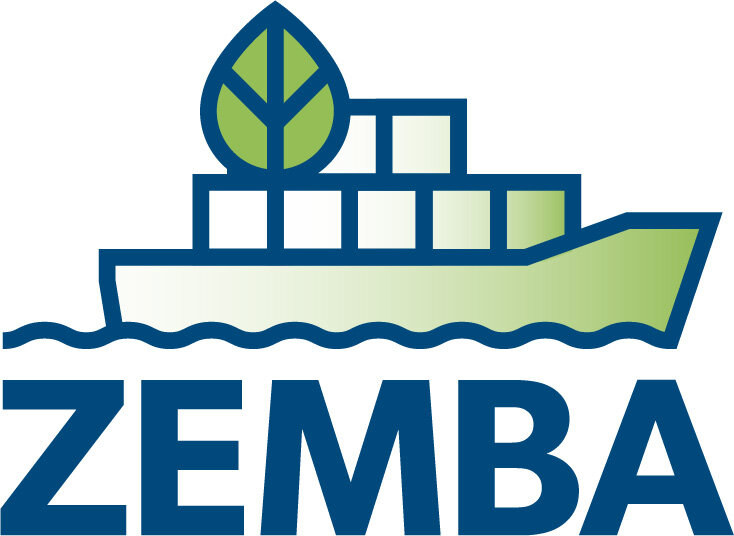Environment & Climate
Green logistics
Logistics also plays an important role in terms of our overall emissions. We have set ourselves the goal of making our transport and logistics processes climate-friendly. This includes increasing energy efficiency at production and logistics sites and switching to electromobility. The good news is that a lot is happening - in a wide variety of areas.

Transportation
Our products travel long distances before they arrive in Germany. We use various means of transportation for this:
Sea freight is the backbone of the Tchibo logistics network and at the same time a major source of greenhouse gas emissions (CO2e). 100 percent of all Tchibo coffees and around 80 percent of Tchibo non-food goods are transported by container ship. With around 90% of global trade transported by sea, global shipping alone is responsible for almost 3% of global CO2e emissions.
This is why we (together with Amazon, Patagonia and the Aspen Institute) are a founding member of the ZEMBA (Zero Emission Maritime Buyers Alliance) initiative. As a non-profit organization, ZEMBA gives companies access to sustainable zero-emission transport solutions for their sea freight. These are not yet available. ZEMBA underwrites contractual, multi-year purchase guarantees to give the ocean freight industry the security to invest in future technologies.
More information on exactly how ZEMBA works and the current status: https://www.shipzemba.org/

Instead of trucks, we are also increasingly using rail transport, so the green coffee arrives at the roasting plant in Marki (Poland) by train. More trains are also being used to distribute items between our warehouse locations. In 2021, we were able to switch most of our main supply routes between Bremen and Neumarkt and Cheb (Czech Republic) from road to rail. 3 trains per week run from Bremen to the south and back. In 2024, we will have transported around 2/3 of our delivery volume by train. Another connection by train is the transport from the roasting plant in Hamburg to the warehouse in Neumarkt.
One of our goals is to switch to electromobility. To this end, we have launched a pilot project in the Port of Hamburg: an electric truck transports around 20 containers a week from the Port of Hamburg to the coffee warehouse. A distance of 7 km. It started with a test, which has since been transferred to operations: Two Volvo FH Electric trucks from the container hinterland logistics network Contargo take over the transportation of green coffee containers between the port of Hamburg and the coffee warehouse in the city area.
Warehouse
Our warehouse in Neumarkt is already fossil-free; the photovoltaic system on the roof covers 12,5% of the electricity requirement, the rest is provided by green electricity. Excitingly, the heat supply comes from a wood chip system! This means that the warehouse in Neumarkt consumes 40% less energy than a reference building.
Shipping
Due to the amount of packaging used in online shipping, we see it as our responsibility to reduce the amount of packaging used. We are working on innovative approaches to minimize the environmental impact of manufacturing and shipping packaging. One example of this is the test with our reusable shipping bag.
Our path towards more sustainable logistics
Tchibo becomes a member of the Clean Cargo Working Group to reduce logistics emissions
Tchibo becomes a member of the Clean Cargo Working Group to reduce logistics emissions
Tchibo is a co-founder of the Zero Emission Maritime Buyers Alliance (ZEMBA)
Tchibo is a co-founder of the Zero Emission Maritime Buyers Alliance (ZEMBA)
Tchibo receives the Lean & Green 1st Star from GS1 for emission reductions (CO2 reduction of 23 percent)
Tchibo receives the Lean & Green 1st Star from GS1 for emission reductions (CO2 reduction of 23 percent)
Tchibo receives Lean and Green 2nd Star for CO2 savings in logistics (reduction by a further 17 percent)
Tchibo receives Lean and Green 2nd Star for CO2 savings in logistics (reduction by a further 17 percent)